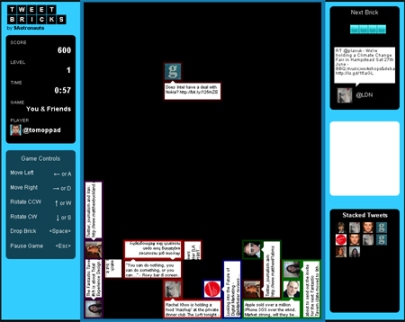On the 1st of December, World Aids Day, a raft of celebrities from Lady Gaga to Usher, to Serena Williams “died” on Twitter, with the promise that they would only return to life once their fans had pledged $1m. The response so far tells us a fair amount about how much people actually value celebrity tweeting.
So what happened? Well, the celebs fell silent. And the world kept turning. And five days on, less than a third of the money has been raised.
Setting aside the very worthy cause, the arrogance of the proposition is something to behold. As a fan, I may be willing to part with some cash to buy a piece of content that you have spent time crafting (your latest album, say) but paying simply to hear what you had for breakfast? No thanks.
So what lessons are there for prospective celebrity endorsements?
1. Dead? Really?
Put simply, life is too noisy, too full of other distractions. The celeb silence has been filled, and our dearly departed celebs appear to have dug themselves an early grave.
2. They aren’t really dead!
Obvious, I know, but the thing is that there are plenty of other ways to keep abreast of your favourite celebrity. In the past week there have been over 14,000 news stories written about Lady Gaga, and that’s just on google news approved sources. The amount of traffic on fan sites, forums and smaller blogs mean that there is plenty to keep Gaga-istas engaged without a few days worth of tweets from the Lady herself. Put simply: silence is rarely engaging, unless it is total.
3. Silence gets filled
The majority of active Twitter users follow on average 400 people. Do I notice when one of my favourites doesn’t tweet for a few days? Usually not. Mostly, I might simply attribute that to the way that I browse Twitter – read the most recent tweets, then move onto something else. Celebrity silence simply gets lost in the Twittersphere.
4. Payment and value models have changed
The rise of branded and celebrity-endorsed content mean that I am effectively paying for the content by giving it my attention, and I believe that most web users understand that. By following a celebrity we are effectively saying “I am willing to receive some promotional messages in exchange for exclusive content” The concept of actually stumping up for the privilege of being sold to is an anathema
5. How much is 140 characters really worth?
Putting aside those people who are moved to donate by the worthiness of the cause, the content of celebrity tweets is simply not valuable enough to pay for. Twitter remains for most people a distraction. We did other things before we followed Lady Gaga, and we’re probably doing them now.
So what next? Well, one option would be for the celebrities to ressurect themselves. After all, when your tweets are worth tens of thousands of dollars a pop, surely the noble thing to do would be to open your pockets, before opening your mouth.
PostScript I – Astonishingly, it seems some celebs are more wedded to the cause than others: Usher may have died on the 1st of December, but 4 days later he’s reappeared, despite the target being missed.
Postscript II – As of today, 07 December, the $1m target has officially been reached, which means that $700,000 has been raised overnight. An astonishing fundraising feat. Unbelievable, some might say…
Filed under: Uncategorized, twitter

